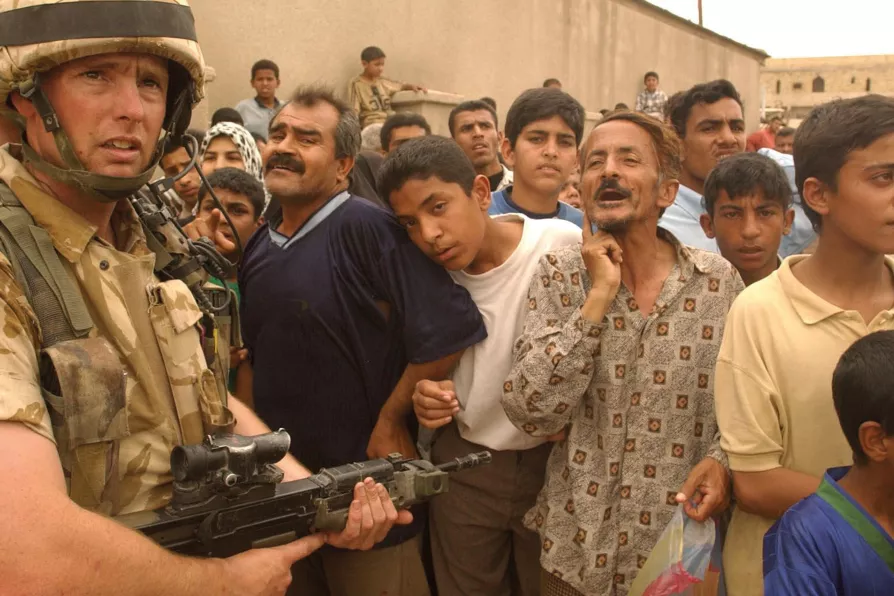ALEX HALL interviews PAUL HOLDEN, whose bombshell book uses leaked documents to expose how the Starmer faction used systematic dishonesty to seize power and reopen the door to the corrupting ecosystem of corporate lobbying and sleaze

 The “war on terror” has contributed to a great increase in racism. Its main consequence was the growth of Islamophobia, or hatred of Muslims. The war led to interventions in majority-Muslim countries — Afghanistan, Iraq, Libya, Syria, plus a constant state of tension with Iran.
The “war on terror” has contributed to a great increase in racism. Its main consequence was the growth of Islamophobia, or hatred of Muslims. The war led to interventions in majority-Muslim countries — Afghanistan, Iraq, Libya, Syria, plus a constant state of tension with Iran.
HOW DO governments who want to wage war on another country win at least the acquiescence and at best active support of large sections of their own population for a process which is going to kill large numbers of people, injure and traumatise many more, and turn millions of people into refugees?
One way is to suggest that the “enemy” population is somehow not like us, and that therefore the kinds of horror they face during war is less deserving of sympathy than it would be otherwise.
Wars all too often become a source of racism as military domination leads to treating those on the other side as less than human.

LYNNE WALSH reports from the Morning Star’s Race, Sex and Class Liberation conference last weekend, which discussed the dangers of incipient fascism and the spiralling drive to war













